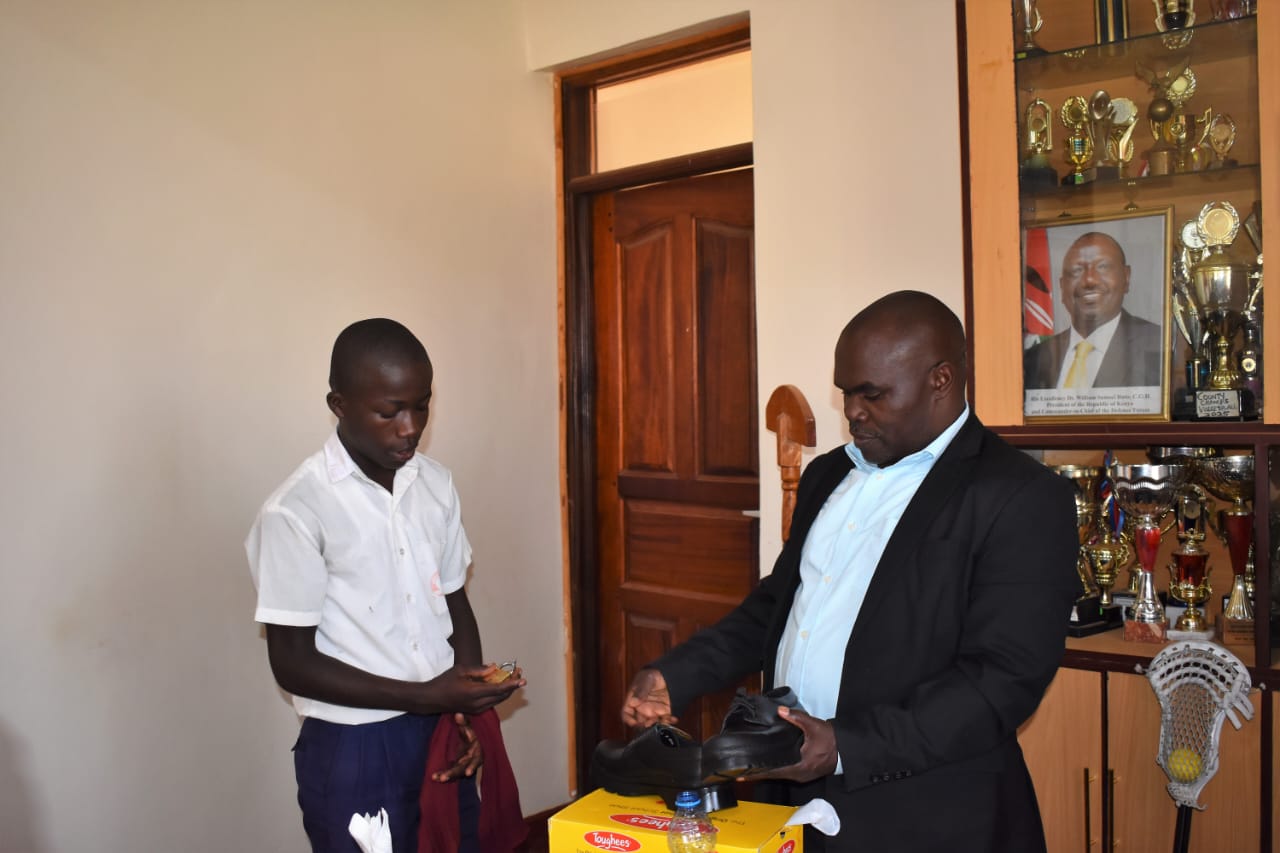Dear readers, there will be no shortage of moments you will be asked to speak on special occasions. Sometimes, you will be required to do so with no notice — make extempore address. The primary purpose of a special occasion presentation is to perform a ritual — a ceremonial act that is characterised by qualities or procedures that are appropriate to the occasion.
In a great text titled Speech is Free, Make It Matter, the brilliant author coins a cogent argument in this marvellous manner: That all cultures have ceremonial rituals. Weddings, funerals, grand openings, award ceremonies and graduations — are all examples of ritualised events. During such events, public presentations take preeminence. The ritualistic nature of special occasion speeches is important. Such rituals help to bring certainty and comfort to otherwise stressful events. They help attendees know what to expect or share in common collective experience.
Plenty of prominent pundits of the art and science of Public Speaking posit that ritualised presentations at special occasions weld together the past, present and future. These speeches typically differ in style and unique technique when compared with traditional informative and persuasive speeches. Style here refers to the clarity and ornamentation used during a presentation.
Whereas a typical informative or persuasive speech might selectively use stylistic devices like narratives, metaphors, similes, or analogies — special occasion speeches focus a lot on such things. Special occasion speeches are highly ritualistic. They cordially invite the use of ornamental language. Special occasion presentations are less concerned with information dissemination and argumentation. They are more concerned with the setting a particular tone for the occasion. Nine of the most common purposes for special occasion speaking are to: welcome, pay tribute, introduce, nominate, dedicate, commemorate, say farewell, give recognition and entertain.
In a heroic book titled Speak to Win: How to Present With Power in Any Situation, Brian Tracy cites some of the most common special occasion speeches: introducing a speaker, moving vote of thanks, congratulating someone who has scooped an award, speaking in birthdays or anniversaries, speaking in wedding ceremonies, delivering eulogies in funerals and speaking in graduation ceremonies.
- Introducing a Speaker
Even if you are not the master or mistress of ceremonies, you may have to introduce a speaker at a public talk or association meeting. It behooves you to take this responsibility seriously. Why? Because everyone is watching. On many occasions, because of the time and attention given to the introduction of the speaker, the introduction itself is actually better than the speech. Please go to YouTube, and listen aptly to how John Bercow introduced Barrack Obama to address the House of Commons in the United Kingdom.
Therefore, how should the preamble, body and conclusion look like when you are intruding a speaker to address the audience? At the introductory stage, use an anecdote to create emotional connection between the speaker and audience. In the body part, briefly touch on the speaker’s biography and qualifications related to the event. This should also raise other fascinating facts about the person. At the conclusion, summerise the speaker’s qualifications and briefly justify why s/he is the one to speak. Request the audience to help you invite the speaker on by applauding.
- Moving Vote of Thanks
You may be the one to thank a speaker after a talk. In this case, take note of the key points covered by the speaker. As a sage on stage, briefly recap what you felt were the most preponderant points of the speech. Martin Njoroge, Pasomi Mucha and Austin Bukenya in Spot on Oral Skills contend that a vote of thanks features before the end of an event. It is a way of letting the audience know that an event has ended. It is also an opportunity to thank everyone who made the event access success as well as those who attended it. When giving vote of thanks, be brief, orderly and polite.
- Speaking in Birthdays or Anniversaries
These are major events in the lives of most people. When asked to speak or to give a toast, do your homework properly. Speak to the person in advance and get to know more about him or her. Ask other people more about that person. When you speak, always be uplifting and congratulatory. Avoid jokes and jests at the expense of the people you are talking about. Make them feel good about themselves. By doing so, you make people in-attendance feel good about themselves as well.
Speaking in Wedding Ceremonies
This is one of the most important occasions in a person’s life and in the lives of the parents of the bride and groom. The things you say and the words you use will remain indelible in people’s mortal minds and hearts. Therefore, it is imperative that you craft them carefully with caution. When asked to speak at a wedding, think about your words being timeless. Speak only about love, commitment, lifelong happiness and bliss. Be glad and gleeful for the bride and groom. Wish them all the best in their lives together. Your words carry weight and heft.
- Delivering Eulogies in Funerals
At some pensive point, you will read the eulogy the funeral of a friend or family member. When asked to do so, please pen on paper your eulogy in advance. You have to do it this way because of two supreme reasons. Firstly, you will probably become quite emotional as you read it. If you do not pen it on paper, you will lose your place, poise and composure. Secondly, if you have carefully crafted the eulogy, people will want copies of it to keep forever. When you read the eulogy, begin by talking about how the deceased was a good, loving, honest, caring person. Go on to talk about his or her family members. Then, how important he or she was to them. Point out some of the person’s history and accomplishments. End with a statement of sorrow and regret — and that people shall never forget the inspiration or contribution to people’s lives.
By Victor Ochieng’
The writer rolls out training services on Public Speaking
Get more stories from our website: Education News
You can also follow our social media pages on Twitter: Education News KE and Facebook: Education News Newspaper for timely updates.






